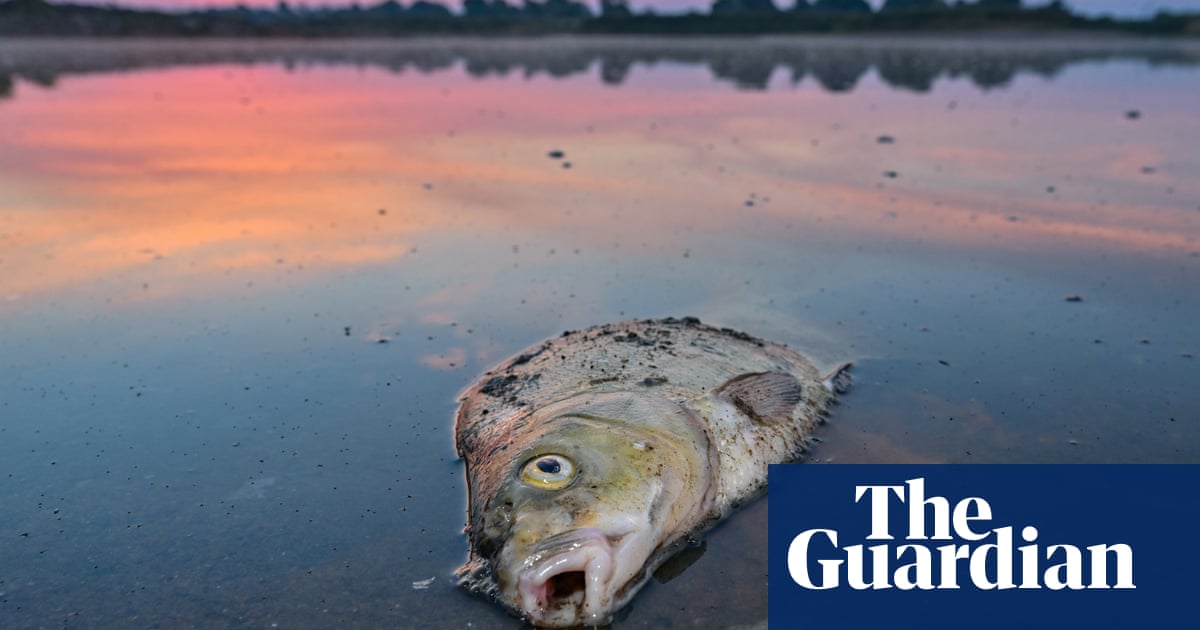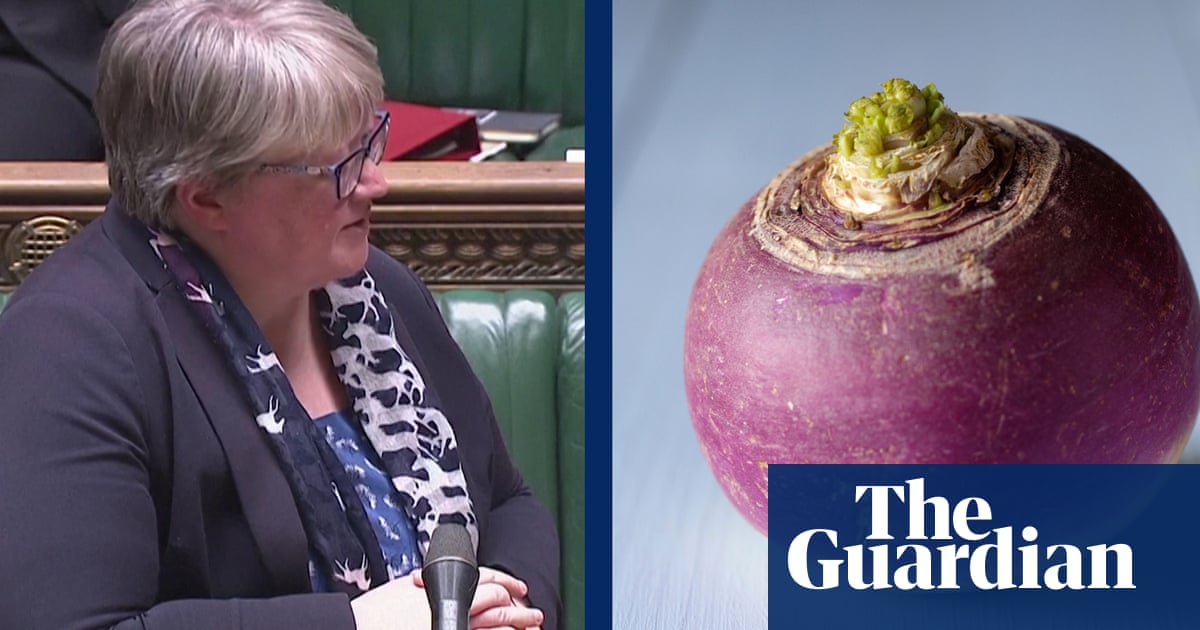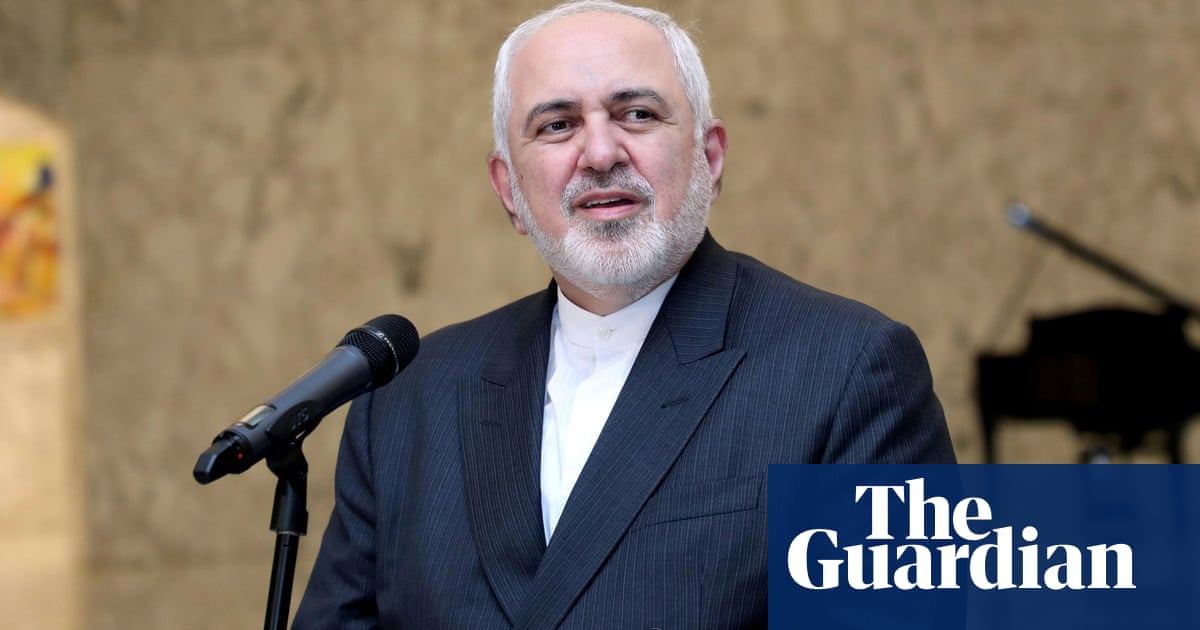
A former environment secretary has urged the UK government not to drop its nature recovery farming schemes, as the Guardian can reveal the more ambitious parts of the post-EU subsidy programme are set to be dropped.
George Eustice made the intervention, telling the Guardian that farmers are keen to be signed up to schemes in which they improve biodiversity, and that his replacement, Ranil Jayawardena, should not scrap them.
When the UK was in the EU, farmers were paid subsidies based on the area of land they managed. The government decided post-Brexit that farmers in England should be paid for providing “public goods” rather than for the amount of land they use. The Environment land management scheme (Elms), devised by the former environment secretary Michael Gove, was aimed at encouraging farmers to create space for rare species, as well as to increase carbon absorption to help England reach its net zero target.
Last week, it was revealed by the Observer that the future of the subsidy programme was under threat as it was placed in a review with the emphasis to be on productivity rather than nature recovery.
The Guardian now understands that the review is set to strip the nature recovery parts of the scheme. There are currently three prongs to Elms. One is the sustainable farming incentive (SFI), which gives farmers money for farming in a sustainable way, such as looking after animals properly and improving soil health by using cover crops and not using as many pesticides. Local nature recovery (LNR) is about creating woodlands, wetlands, hedgerows, and working with local nature groups to do so. Finally, landscape recovery (LR) is where large landowners or clusters of farmers work with the government to create ambitious rewilding schemes.
It is understood LR and LNR are under threat, the two parts of the scheme that are about improving biodiversity and a key part of meeting the country’s net zero target.
Eustice urged the government to keep the schemes, which are due to replace an existing nature programme called countryside stewardship. He said: “We now have 33,000 farmers in countryside stewardship agreements. That’s about 40% of all farmers covering circa half of farm land. There was a 40% increase in demand for it last year. I always insisted we should just loosen the reins and let the budget follow the demand for that scheme whatever it might be. If they believe in markets they should let the budget follow the demand.”
He added that his plan would have made sure farmers had a smooth transition into ambitious nature recovery schemes, which would have improved the environment and helped farmers get their subsidies.
“We had planned to simply convert all existing CS agreements into LNR agreements in 2024 to give the smoothest possible transition and have a major scheme that already has perhaps more than half of farmers in it. It would have been a great example of evolution rather than stop-start revolution. Rather than make everyone get off the CS train and make a connection for LNR, they would stay on the same train and arrive at LNR. But if they choke the budget on CS, they will ruin that plan and send everything in reverse,” he said.
Farmers have also spoken out about the government’s plans.
James Robinson, an organic dairy farmer from the Lake District, said: “The local nature recovery part of Elms has the potential to make the biggest change to habitat and biodiversity. It can join up neighbouring farms through existing linked habitats such as rivers and woodland, it can challenge farms to do something really positive at a farm level.
“As farmers, we are in a unique and privileged position to do something really special for biodiversity, new wildlife habitats, clean air and water, flood mitigation and carbon sequestration, all of which improves our local community. And by getting farmers seeing the benefits of farming alongside nature, we can show the government, businesses and consumers that it’s the only truly sustainable way to farm.”
Jake Fiennes, conservation manager at the Holkham national nature reserve and farm in north Norfolk, said: “The only way we are going to make this work is if nature is integrated into our agribusinesses. People who have invested in natural capital have actually improved and been groundbreaking in the recovery of nature. If we are to see turbocharged nature recovery within our farmed landscapes we need the schemes to be a significant reward to farmers.
“Less productive land should be given for the recovery of nature and farmers should be rewarded for it. The government must keep its nature recovery schemes and fund them properly.”
Jayawardena is expected to outline some of his priorities for farming at the Conservative party conference, including an emphasis on growing more British lettuce and expanding the use of glasshouses.
The Guardian asked a No 10 source multiple times whether they were committed to local nature recovery and landscape recovery schemes, but they refused to answer. Instead, they said that they committed to the broad idea of farming schemes and reforms.
They said: “The prime minister is committed to continuing the recovery of British nature. There are no plans to scrap our farming schemes.”












